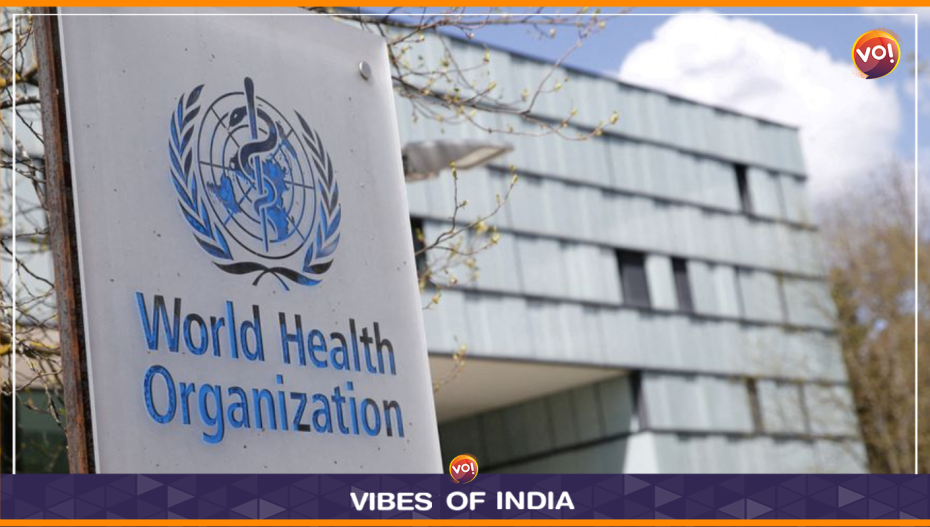In what can be called an official enforcement and reaffirmation of global commitments towards indigenous knowledge, biodiversity and traditional, complementary and integrative medicine, the World Health Organisation (WHO) has released the outcome document of the first WHO Traditional Medicine Global Summit 2023 in the form of the ‘Gujarat Declaration’ , an Ayush ministry statement said.
The WHO underlined that the application of rigorous scientific methods is needed to better understand, assess, and where appropriate, apply more holistic, context-specific, complex and personalised approaches for health and well-being for all.
It reiterated that India as host of the WHO Global Traditional Medicine Centre in Jamnagar, Gujarat has an important role in scaling up WHO’s capacities to support member states and stakeholders in taking forward the summit action agenda and other relevant priorities.
At the summit, deliberations were done on varied topics like health and well-being of people and the planet, research and evidence, universal health coverage, primary health care and health systems, data and routine information systems, digital health frontiers, biodiversity and sustainability, human rights, equity and ethics, the statement said.
Union Ayush Minister Sarbananda Sonowal at the summit said, “Gujarat declaration is testimony of our prime minister Narendra Modi’s commitment to promote our ancient knowledge of the traditional medicine system. Through collaborative efforts and sustainable practices, we can ensure a healthier future for generations to come.”
WHO Director Dr Tedros Adhanom Ghebreyesus, during the summit, had said ‘Gujarat Declaration’ will serve as a catalyst in harnessing the potential of traditional medicine through the lens of science and will focus on the integration of traditional medicines in national health systems.
The declaration talks about scaling up efforts to further implement evidence-based TCIM (Traditional Complementary Integrative Medicine) interventions and approaches in support of the goal of universal health coverage and all health-related sustainable development goals.
The highlight of the summit was how to enable the development and application of digital health technologies, and artificial intelligence (AI) in particular, to advance digital health resources on TCIM for people’s health and well-being, the statement said. The summit advocates fair and equitable sharing of the benefits arising from the use of biodiversity resources, related genetic material, and indigenous knowledge.
Fully recognise, respect and protect the rights of Indigenous Peoples, as provided in the UN Declaration on the Rights of Indigenous Peoples. Incorporate ethical methods and processes in TCIM research and practice.
The First global summit on Traditional Medicine was organised by the World Health Organisation (WHO) and co-hosted by the Ministry of Ayush, from August 17-18, 2023, in Gandhinagar, Gujarat.












